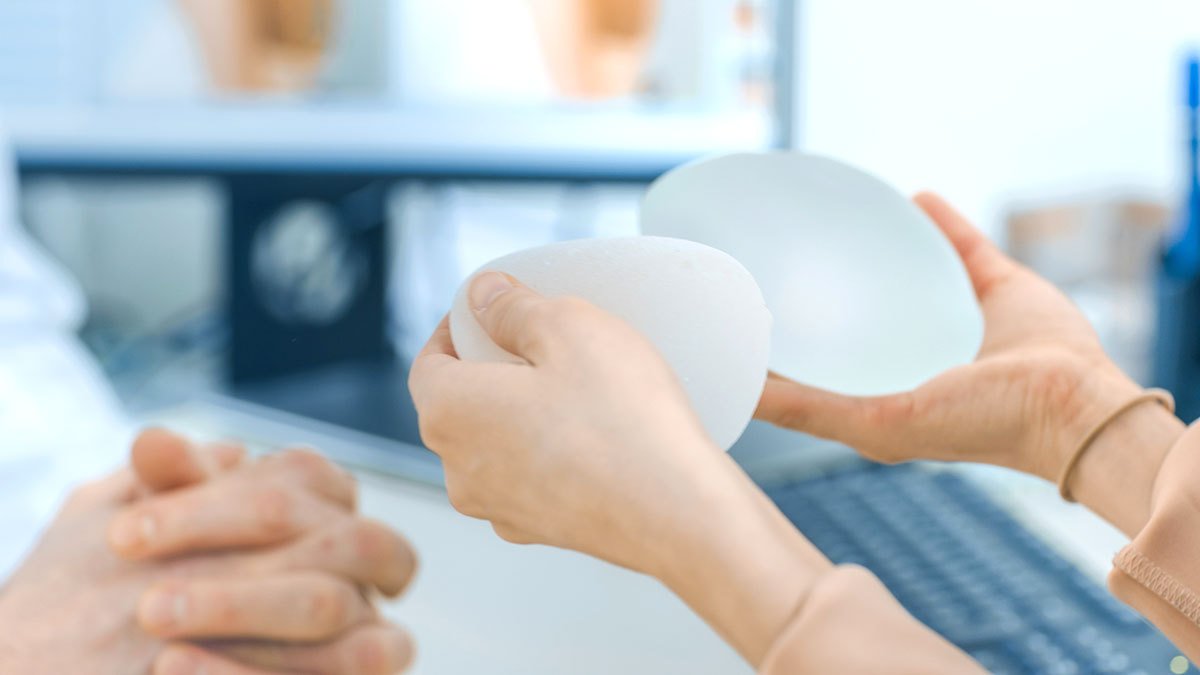Allergan Has Finally Recalled Their Textured Breast Implants in the US; Other Countries Did it Earlier

On July 24, 2019, Allergan issued a worldwide recall of its Biocell textured breast implants. This action took place at the request of the FDA based on mounting evidence that their textured implant shell is linked to an increased risk of breast implant-associated large cell lymphoma, or BIA-ALCL.
If you have Biocell implants or had them in the past, the FDA does not recommend immediate action if you aren’t experiencing problems—but you do need to know what symptoms to watch for.
While very rare, BIA-ALCL is a serious disease, and I am glad to see the FDA take this action, particularly after other countries had already placed a moratorium on Biocell implants. As I have stressed previously, we have known for some time that the method used in texturing Biocell implants has a stronger association with BIA-ALCL compared to other texturing processes. I have rarely used Allergan Biocell implants in my career (less than 5 patients) and feel confident that smooth implants can create wonderful results in most cases.
That said, I want to help women who currently have Biocell implants and have questions about their risks and the recall. This information is also relevant to breast implant revision patients who had Biocell implants any time in the past: while you may no longer have them, it’s important to be aware of remaining risks and possible symptoms.
Only Allergan breast implants made using the Biocell texturing method have been recalled.
The recalled Biocell textured implants include Natrelle 410 anatomically shaped implants, Natrelle INSPIRA textured implants, and certain Natrelle textured saline styles. See a complete list of recalled breast implants here.
Textured implants from Mentor and Sientra have not been recalled. Both of these manufacturers use texturing methods that haven’t been correlated with BIA-ALCL as highly as Biocell texturing. While the BIA-ALCL risk of these other textured implants is not zero, it is low enough that the FDA does not feel a recall is necessary. Allergan smooth silicone and saline breast implants have not been associated with an increased BIA-ALCL risk and are not included in the recall.
Less than 5% of breast implants sold in the U.S. were Biocell implants, so most breast augmentation patients are not affected by this recall.
Keep in mind that only about 10% of breast implants sold in the U.S. are textured implants, and only about 5% have been Biocell implants—so the odds are that you do not have Biocell implants. If you are unsure what type of breast implants you have, call your original cosmetic surgeon’s office or check your breast implant warranty information. It’s good information to know in case you should ever need it.
The recall does not mean that you must have your Biocell implants removed—only that the implants can no longer be sold or used.
What patients need to do with this recall has created some confusion. In this case, the “recall” pertains to stopping the sale and placement of the implants along with returning any stock a surgeon might have.
All patients with Biocell implants should simply continue with routine follow-up care and inform their doctor if they notice anything unusual. If you are not experiencing any symptoms such as redness, swelling, or pain and you are happy with your breast implants, the FDA does not recommended that you have your breast implants removed, as the risks of surgery (along with additional recovery time and scarring) would likely outweigh the low risk of developing BIA-ALCL estimated at 1 in 2,207—less than one-tenth of a percent.
What to do if you have Biocell implants
Continue to see your cosmetic surgeon for scheduled follow-up visits, undergo breast implant imaging as recommended by the FDA, and keep an eye on any breast changes. If you have concerns or develop any symptoms, such as swelling, fluid buildup, or pain promptly contact your cosmetic surgeon for a checkup. These are possible symptoms of BIA-ALCL and other complications that need attention. This is advice you should follow regardless of what type of breast implants you have.
BIA-ALCL is rare and very treatable when caught early. If you develop any symptoms, such as swelling, fluid buildup, or pain contact your doctor.
Finally, if you have Biocell implants and having them removed would give you peace of mind, Allergan is offering a special Biocell warranty program, in which they will provide a replacement pair of smooth breast implants for free for patients until July 24, 2021. This warranty covers the cost of the devices only, and patients are responsible for all surgical costs.
In the event that a patient with Biocell implants is diagnosed with BIA-ALCL, Allergan will do more for you. In these cases, they will cover up to $1,000 in diagnostic fees and up to $7,500 in surgical costs as well as provide new replacement implants. You can read more about the warranty program here.
Please contact my office with any questions
I am glad that Allergan and the FDA are demonstrating they take patient safety seriously with this decision. I hope reading this has clarified your questions about the recall, but if you have more, please feel free to call my office at 702-363-0240.
